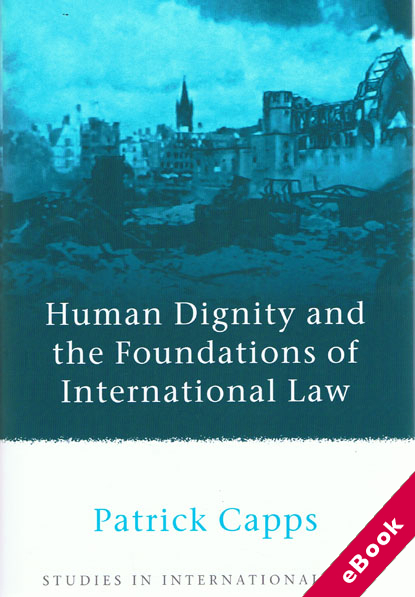
The device(s) you use to access the eBook content must be authorized with an Adobe ID before you download the product otherwise it will fail to register correctly.
For further information see https://www.wildy.com/ebook-formats
Once the order is confirmed an automated e-mail will be sent to you to allow you to download the eBook.
All eBooks are supplied firm sale and cannot be returned. If you believe there is a fault with your eBook then contact us on ebooks@wildy.com and we will help in resolving the issue. This does not affect your statutory rights.
International lawyers have often been interested in the link between their discipline and the foundational issues of jurisprudential method, but little that is systematic has been written on this subject. In this book, an attempt is made to fill this gap by focusing on issues of concept-formation in legal science in general with a view to their application to the specific concerns of international law.
In responding to these issues, the author argues that public international law seeks to establish and institutionalise a system of authoritative judgment whereby the conditions by which a community of states can co-exist and co-operate are ensured. A state, in turn, must be understood as ultimately deriving legitimacy from the pursuit of the human dignity of the community it governs, as well as the dignity of those human beings and states affected by its actions in international relations. This argument is in line with a long and now resurgent Kantian tradition in legal and political philosophy.
The book shows how this approach is reflected in accepted paradigm cases of international law, such as the United Nations Charter. It then explains how this approach can provide insights into the theoretical foundations of these accepted paradigms, including our understanding of the sources of international law, international legal personality and the design of global institutions.